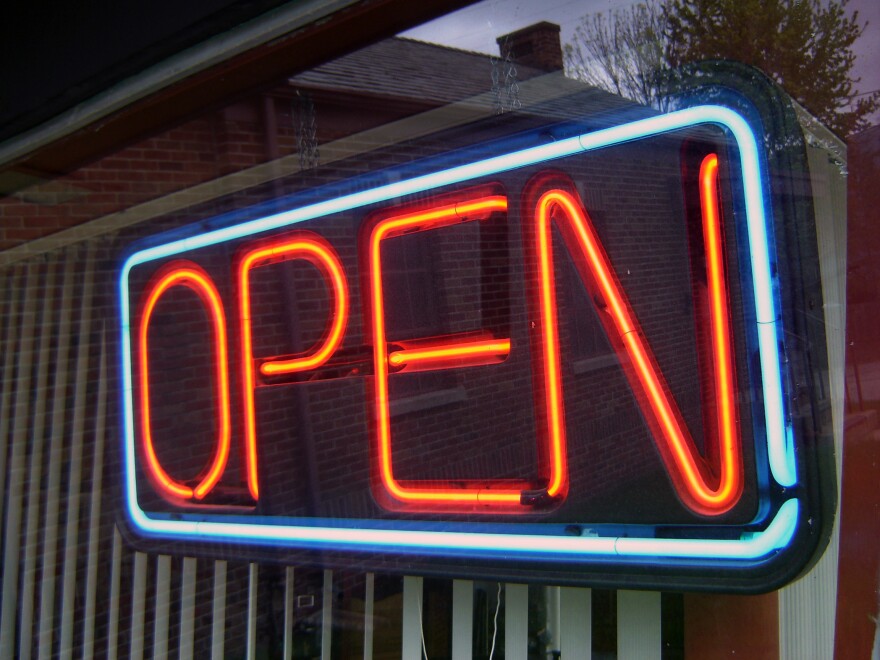A new proposal would see the City of Tulsa repurpose $4 million in COVID-19 relief funds for a program to help historically marginalized entrepreneurs.
The plan calls for $2.5 million to go toward renovations and digital infrastructure for the Greenwood Entrepreneurship Incubator at Moton, or GEIM, located in the historic former home of Morton Health Services at 605 E Pine St. Another $500,000 would go toward bringing in 15-week business launch course MORTAR and support services, and the remaining $1 million would establish the Build Tulsa Fund to help program participants and other under-resourced entrepreneurs.
District 1 City Councilor Vanessa Hall-Harper said while the pandemic affects everyone, communities of color suffered even more.
"I will be very clear in saying yes, in my mind — and it’s certainly my position — was to do something more for the Black community as it relates to entrepreneurship. They have not always been directly engaged, in my opinion, the way they should. And so, that is certainly my wish or vision for this project," Hall-Harper said.
Last summer, the New York Federal Reserve issued a report saying Black-owned businesses were more than twice as likely to close as white-owned businesses.
City COVID-19 Relief Funds Program Manager Clay Holk said officials have learned full economic recovery from a crisis like a pandemic requires a broad, diverse mix of businesses.
"And really by empowering Tulsans all throughout the City of Tulsa, I think it really gives us such a stronger base from which we can respond. And so, that’s really why we wanted to put forth a project like this and make a real investment along with community partners," Holk said.
Funding for the program comes from money not used for subsidized internet access for families with students on distance learning.
The image in this story, Open Sign by Aaron Pruzaniec, is licensed under CC BY 2.0.






